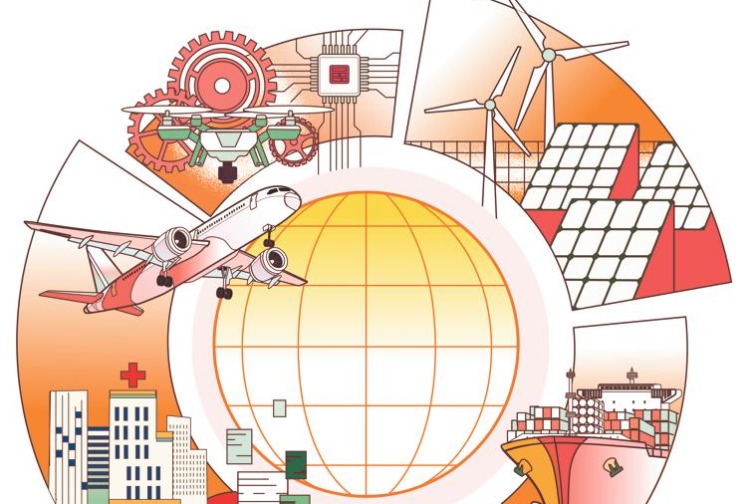EU's raw material concerns self-induced: China Daily editorial

The European Union on Monday agreed a plan to secure its own supply of critical raw materials ranging from cobalt to lithium, as the bloc seeks to reduce its dependence on other countries for them.
The Critical Raw Materials Act sets targets for the EU member states to mine 10 percent, process 40 percent, and recycle 25 percent of the critical raw materials it uses by 2030. The act now needs to be signed off formally by its member states to go into force.
"From green and digital technologies to defense and aerospace, demand for critical raw materials is increasing fast," Thierry Breton, the EU's internal market chief, said. "Without action, Europe risks supply shortages and unwanted dependencies."
The EU's self-reliance plan was first proposed in March, as a result of the Russia-Ukraine conflict that cut off Europe's energy imports, forcing many EU member states to find alternative sources of fossil fuels. Since a secure and sustainable supply of the key raw materials are indispensable for the EU's green transition, the bloc has also justified the new regulation by pointing to the urgent need to catch up with the United States and China which are now leading the world in the transition to clean technology.
The US, in particular, has poured billions of dollars in subsidies into the development of green technology, despite the subsidies being suspected of violating the World Trade Organization rules.
The EU's move, which favors local industry at the expense of foreign competition, has raised concerns about it taking a more protectionist policy course.
That tendency first appeared when the bloc suspended the ratification of the EU-China Comprehensive Agreement on Investment that the two sides reached in 2020. Events that afterwards — from the EU strengthening its stance on banning the use of 5G telecommunication equipment from Huawei, to the launch of its anti-subsidy investigation into Chinese electric vehicles recently — have further amplified the impression of Europe increasingly turning inward.
Actually, Breton himself has urged member states to block Chinese investment in critical European infrastructure, for example, saying he "preferred" Germany's decision to limit China's Cosco to a 25 percent stake in the Tollerort container terminal in Hamburg Port rather than approve the original 35 percent stake the Chinese company sought.
It is understandable that the EU wants to keep the supply of critical raw materials directly under its control. But the risk to Europe's supply of critical raw materials comes not from China, but from internal and external pressure to politicize and weaponize such key global supply chains at China's expense.
History shows that protectionist moves aimed at reshoring production or making sure certain materials or products are extracted or manufactured domestically only serve the opposite purpose.































